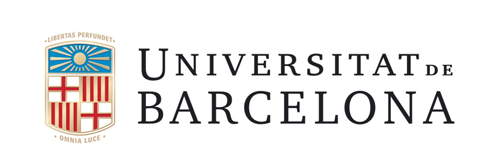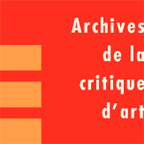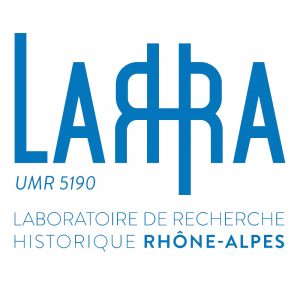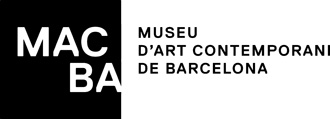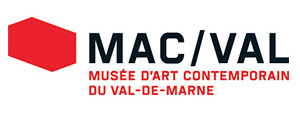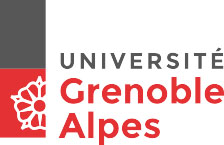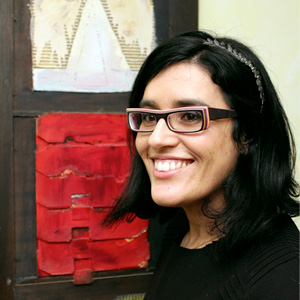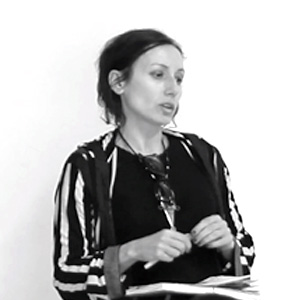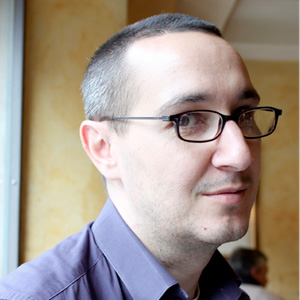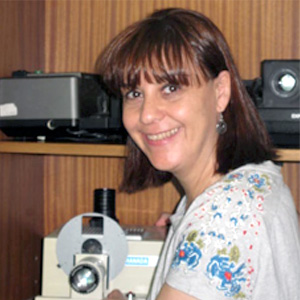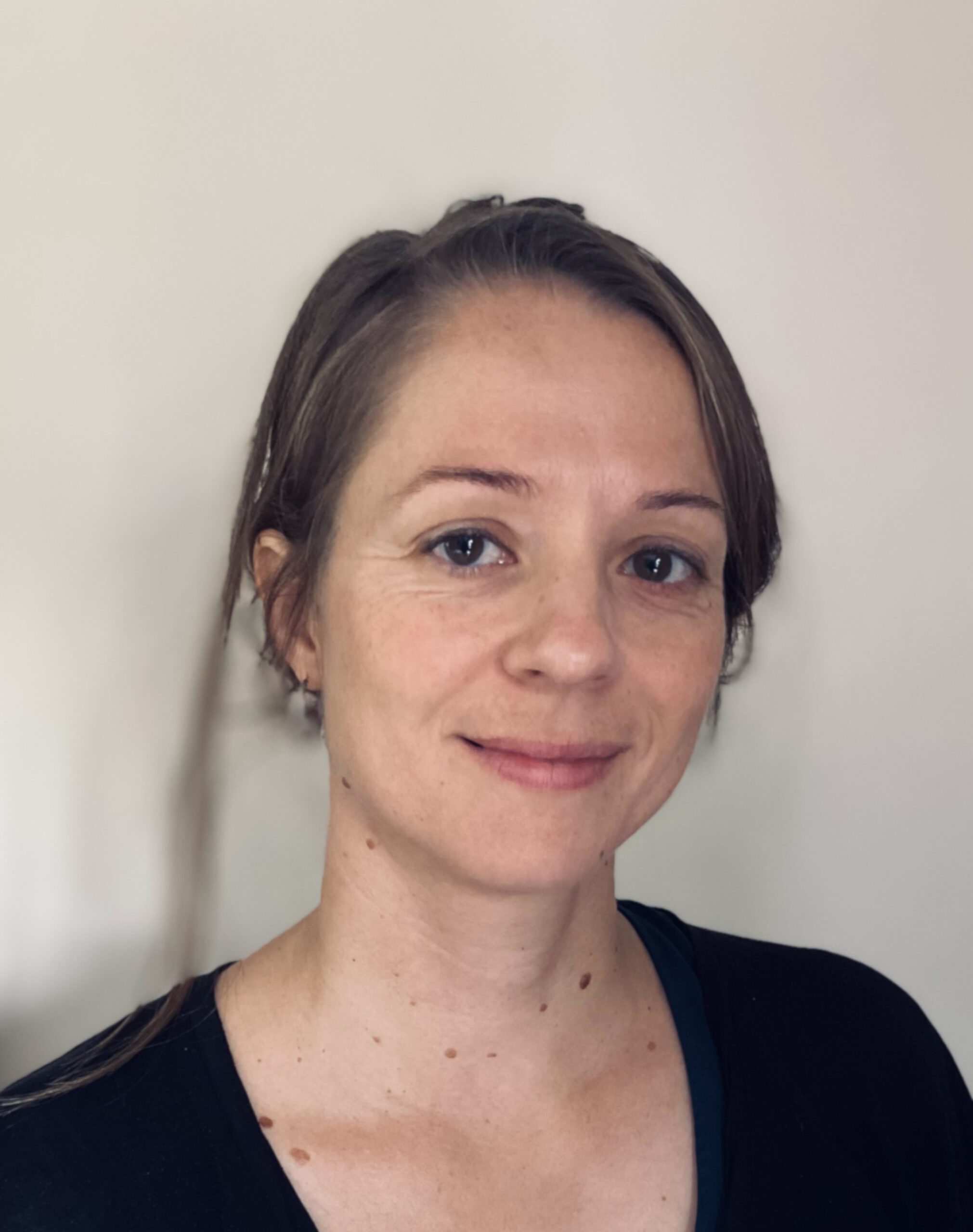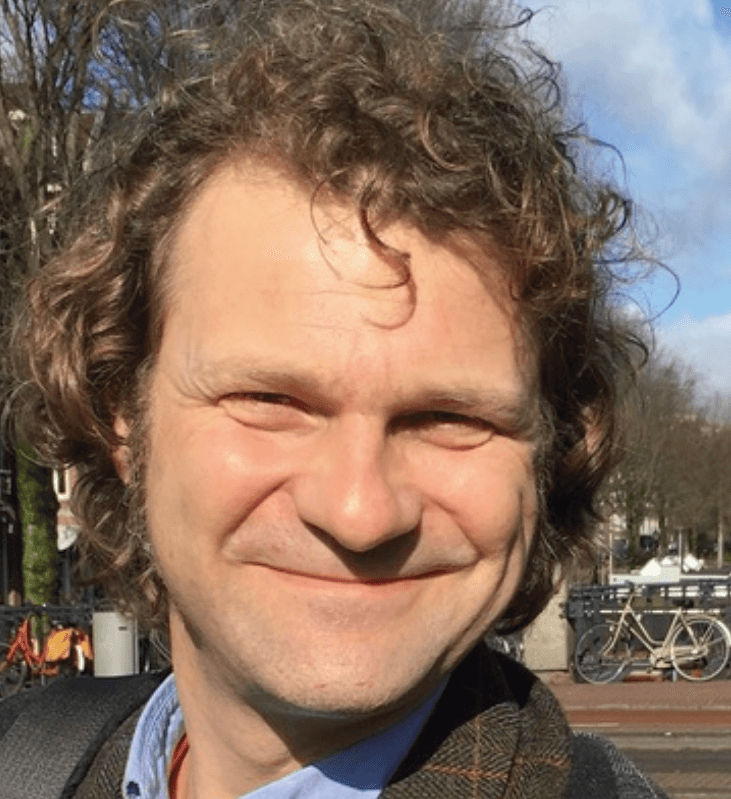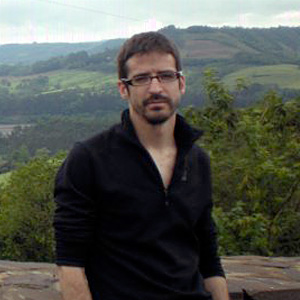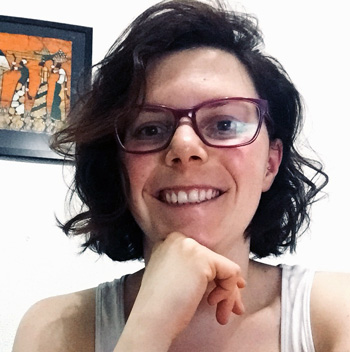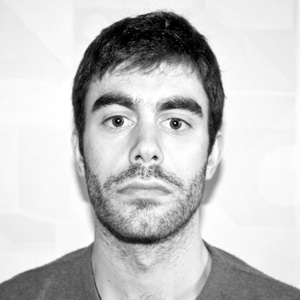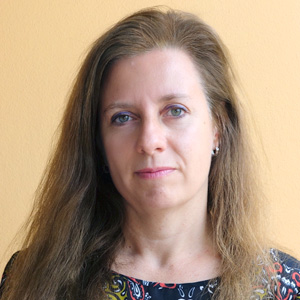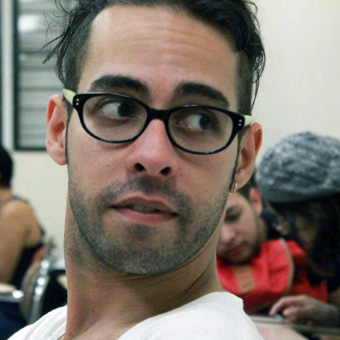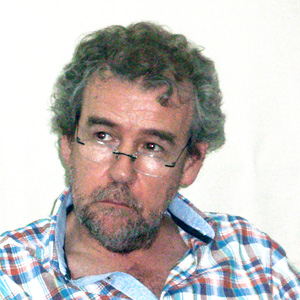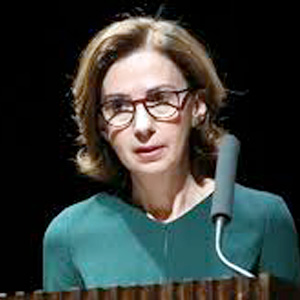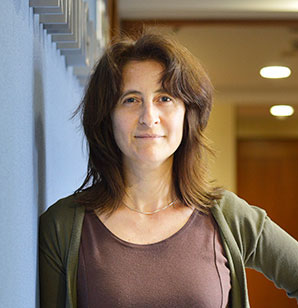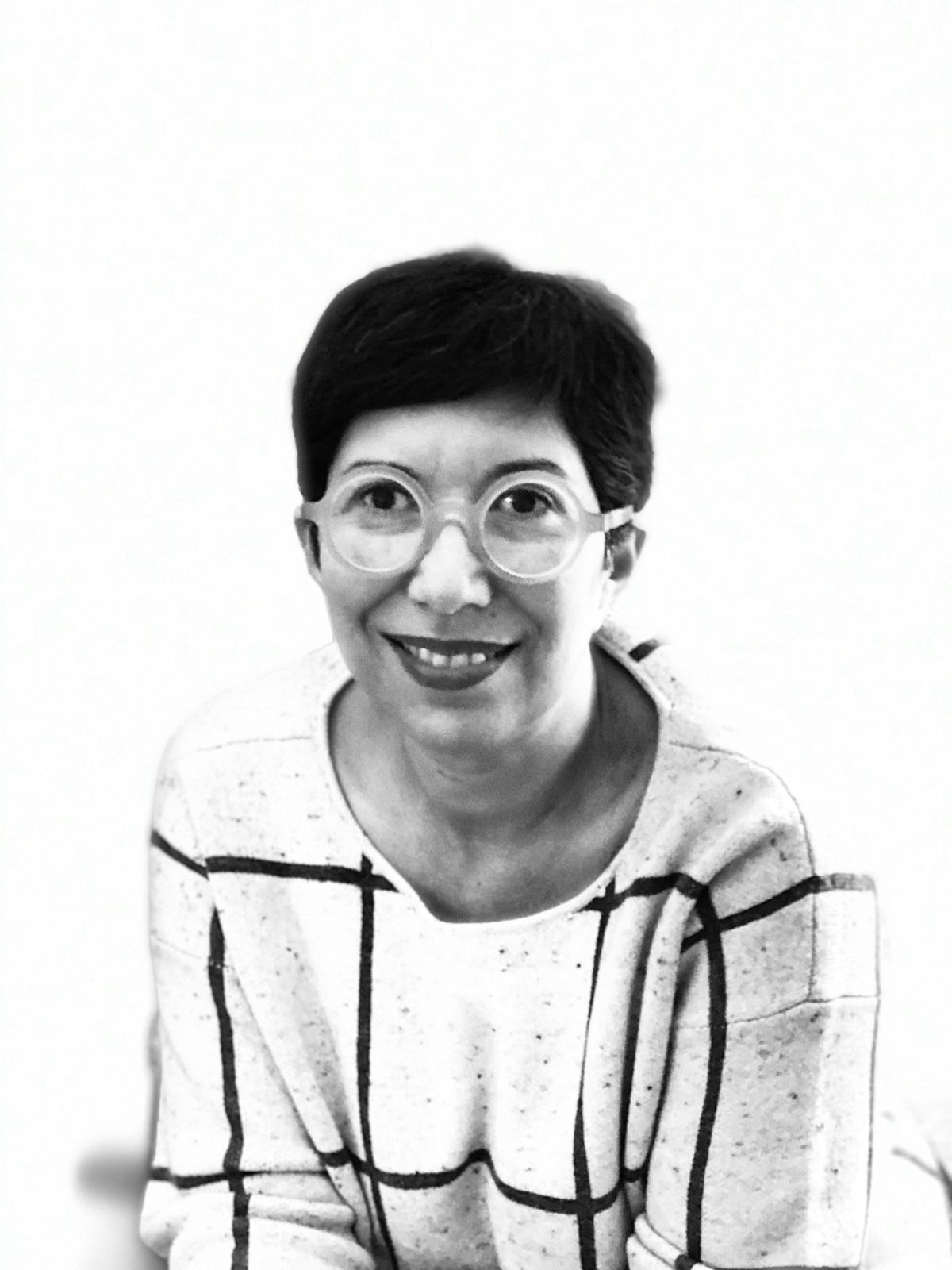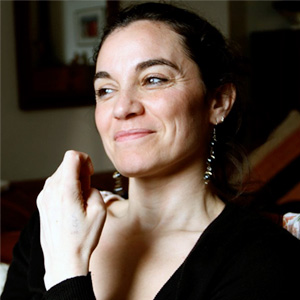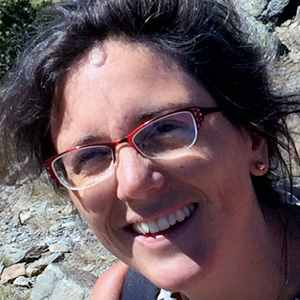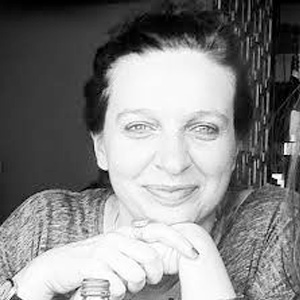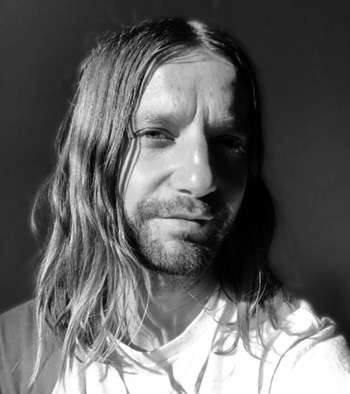Descentralized Modernities. Art, Politics and Counterculture in the Transatlantic Axis during the Cold War – MoDe(s)
The project proposes two main axes of study: 1) a comparative analysis between different artistic centers of the Atlantic axis, considering the agents, critical perspectives and emphasizing the forms of mediation, negotiation and resistance to the ideological, aesthetic and cultural schism of the Cold War. 2) a study of the impact that social, cultural and political configurations of this historical period still have today, both in the shaping of present realities and in contemporary artistic practices.
Prioritizing a transnational and transversal analysis, the modern project is discussed from and through the cultural sphere of concrete enclaves (mainly Spain, France, Mexico, Argentina, Brazil, Cuba, Colombia, the United States), with particular emphasis on the processes of transfer and exchange and their relationship with socio-political dynamics. The project proposes to highlight the relations between the artistic/cultural world and the different social and counter-cultural movements with their underpinning claims concerning labor, gender equality, national liberation, that served as platforms presenting dissident responses to the Cold War geopolitical order in order to decentralize the normative modernity and its western, colonial matrix.
These will be the concrete objectives of the project: carry out a critical cartography of artistic networks and circulations; discuss the role of artistic and critical practices in the construction of alternative cultural, political and identity imaginaries; question the aesthetic, plastic and ideological bases of artistic and counter-cultural movements; study the complex relations between institutional policies and artistic practices; analyze the contribution of artistic and critical practices in the configuration of multiple collective consciousnesses (class, gender, sexual, race); establish a glossary of concepts that analyze the semantic twists of artistic and cultural languages configured during the Cold War and still in force today ; evaluate the role of contemporary artistic and curatorial practices in the visualization and critical narration of the social, political, economic and cultural legacies of the Cold War. Finally, the outcomes of the research will be transposed to quantitative geospatial visualization thanks to the tools offered by Geographic Information Systems, and made available on the project’s online platform and archive.
Through the combination of critical analysis, along with geospatial visualization relying on historical parameters, we expect not only to evaluate complex processes, but also to make comprehensible the ways artistic practices and aesthetic, critical and curatorial discourses, as well as artistic exchanges, have modified and even transformed official strategies during the Cold War, producing transnational artistic and cultural movements that contributed to the shaping of the multicultural and global society in which we live today.
The research findings will be implemented through activities of knowledge transfer and dissemination both at the national and international level, including an online platform with a digital archive, periodic seminars, an international conference, individual publications and one joint final publication of scientific impact, which will guarantee both academic and social repercussions.
Descentralized Modernities. Art, Politics and Counterculture in the Transatlantic Axis during the Cold War – MoDe(s)
Reference: I+D HAR2017-82755-P
Call: 2017 Calls for I+D “EXCELENCIA” and I+D+I “RETOS INVESTIGACIÓN” Projects (Dirección General de Investigación Científica y Técnica, Subdirección General de Proyectos de Investigación).
Funding organization: Ministry of Science, Innovation and Universities
Centre of execution: University of Barcelona
Period of realization: 3 years (from 01-01-2018 to 31-12-2020) Extended until 30-09-2021.
Associated Institutions: Archives de la Critique d’Art (Rennes), Birmingham City University-School of Art, Institut National d’Histoire de l’Art (INHA), Museu d’Art Contemporaní de Barcelona (MACBA), Musée d’Art Contemporain du Val-de-Marne (MAC VAL), Museo Nacional Centro de Arte Reina Sofía (MNCARS).
Heads of Research: Paula Barreiro López and María Ruido.
Research team: Juan Albarrán Diego, Julián Díaz Sánchez, Olga Fernández López, Maria Dolores Jiménez-Blanco, Fabiola Martínez.
Working team: Miriam Basilio, Óscar Cambra-Moo, Lee Douglas, Jonathan Harris, María Iñigo, Béatrice Joyeux-Prunel, Giulia Lamoni, Fabiana Serviddio y Jaime Vindel.
PhD students: Juliane Debeusscher, Anita Orzes and Pablo Santa Olalla.


